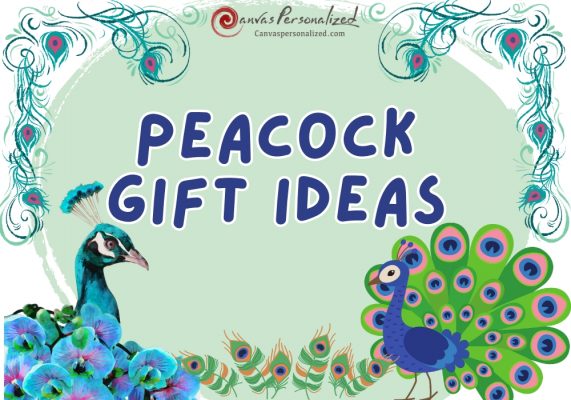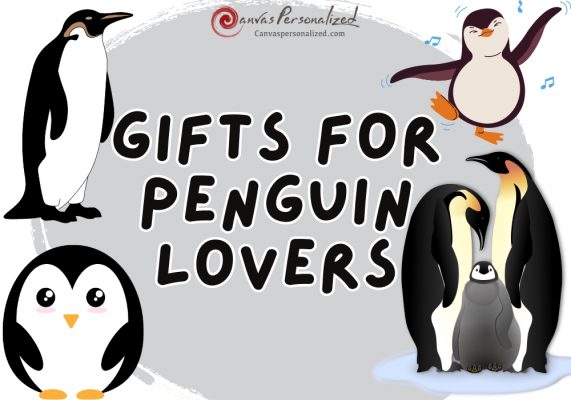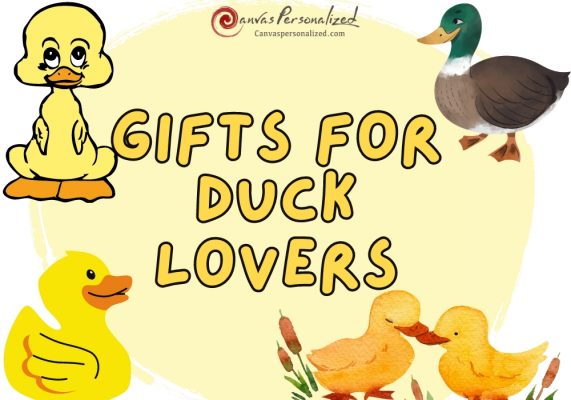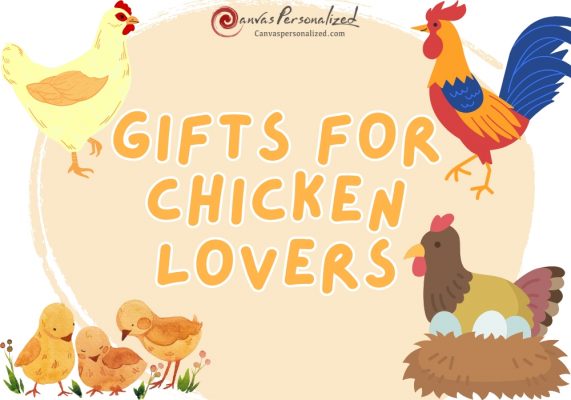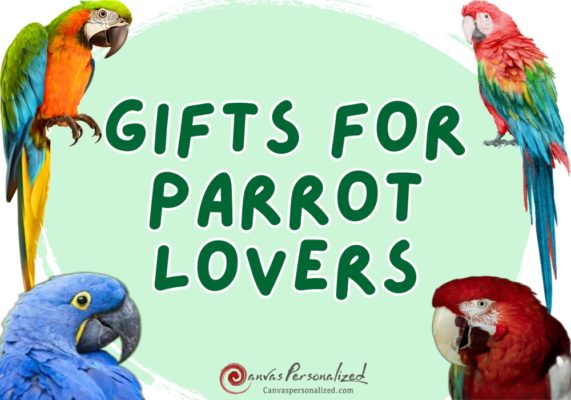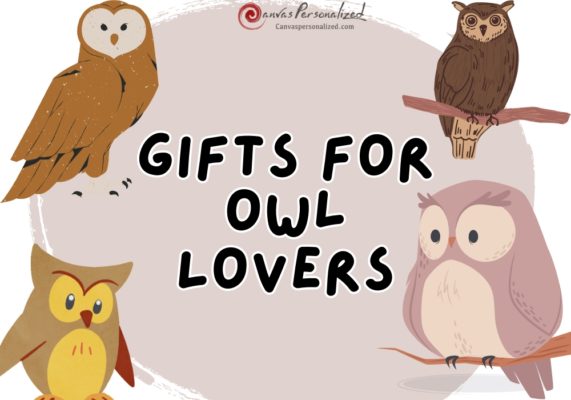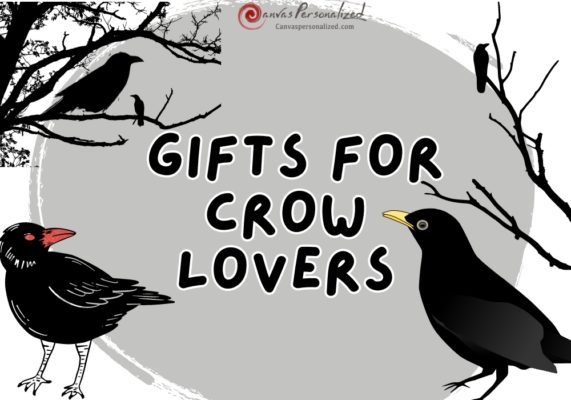There are a lot of factors to consider when compiling a list of toxic foods for birds kept as pets. Just like some foods don’t make people sick like other mammals, food that makes one bird sick doesn’t always make another species sick. It can also be hard to figure out how dangerous a certain food is.
Food can be eaten in small amounts or in moderation without any problems, but too much of the same food can make birds sick or even kill them. Yet, avian vets rely on various sources since they know it’s preferable to err on caution. The following is a list of foods that should be avoided at all costs around your pet bird collected by Canvas Personalized. Read on right now!
15 Toxic Foods For Birds Should Never Eat
1. Avocado
Persin, like a fatty acid found in every part of an avocado, including the skin and the pit, kills fungus on the plant. A bird eating this substance could hurt its heart, make breathing hard, weaken, or even cause it to die suddenly.
Some kinds of avocados are safe for birds to eat, but it’s hard to know how they affect different birds. No one knows how much avocado a pet bird would have to eat to get sick. Because of what could happen, it’s best not to feed birds avocado or foods that contain avocado, like guacamole.
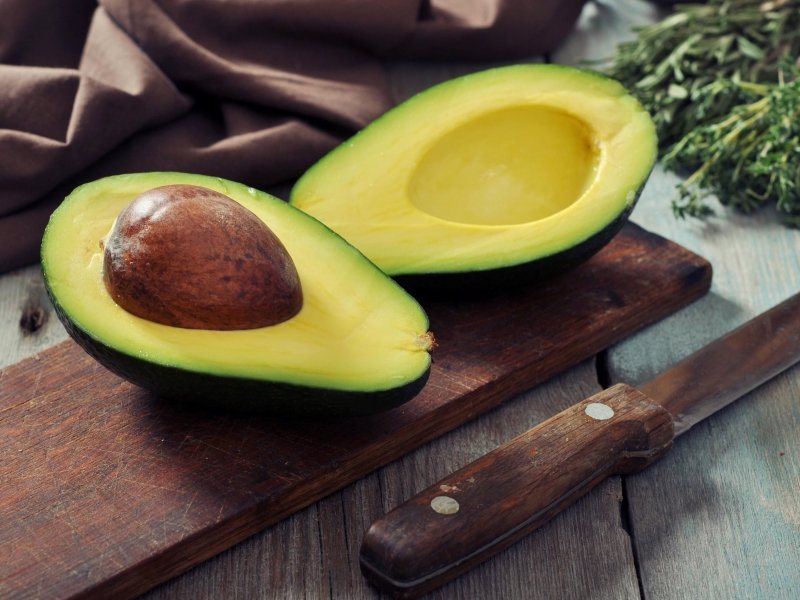
2. Dairy
Lactose, a sugar present in milk and other dairy products, is not strictly poisonous, but research shows that birds have trouble digesting it. Birds might get sick with diarrhea if their diet contains too much dairy. Although certain cheeses and yogurts are lactose-free or contain just a little lactose, they should be fed only on rare occasions and in modest quantities.
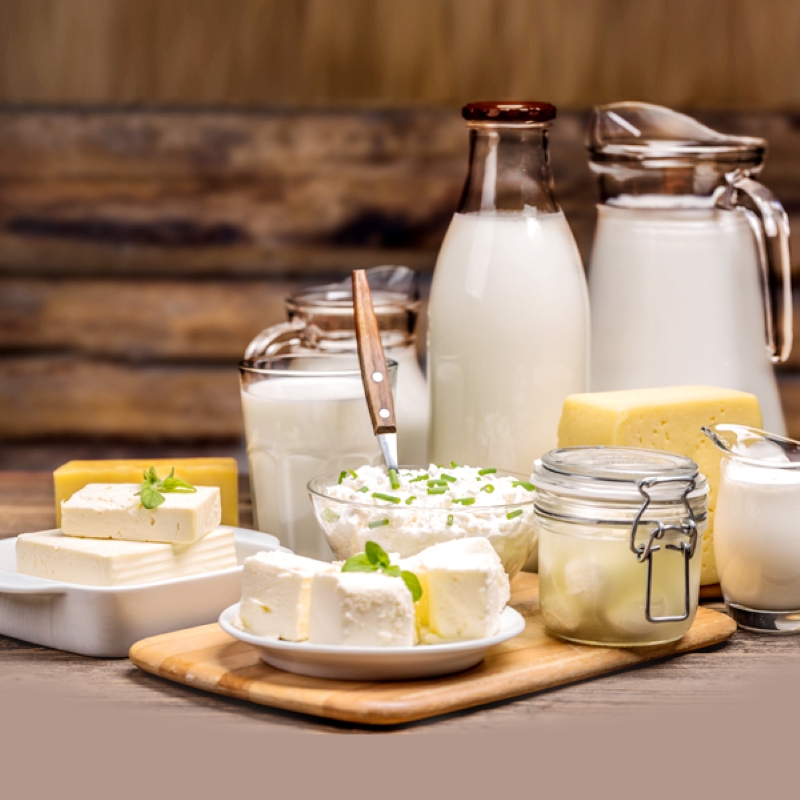
3. Caffeine
We all like caffeinated drinks like coffee, tea, and soft drinks because they taste great, wake us up, and make us more alert. Giving our feathery friends a taste of these drinks is tempting, but even a small amount can be fatal.
Caffeine can make the heart beat faster, cause irregular heartbeats and hyperactivity, and even stop the heart from beating in birds. So, don’t give your bird anything with caffeine in it. Instead, give it water or a little bit of fruit juice now and then.
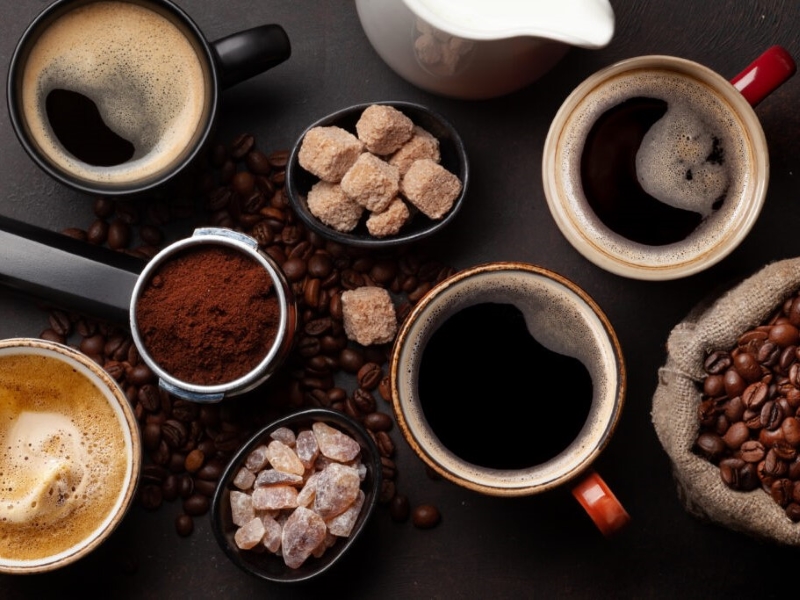
4. High-Fat Foods
Eating plenty of fatty foods like butter, oil, fatty meats, and nuts can lead to atherosclerosis, which increases the risk of cardiovascular disease and stroke. Consuming these meals in large quantities also contributes to obesity and its associated health risks.
Birds go through the same things, and some, like Amazon and Quaker parrots, are more likely to get high cholesterol and fat levels, which can lead to coronary artery disease. So, much like us, birds should try to minimize our intake of fatty meals.
Lean, cooked meat is fine for birds to consume occasionally, but large amounts of this or other high-fat foods, even relatively tiny, should be avoided. Even feeding bird nuts might be dangerous because of the high-fat content. While little birds only need a sliver or two of an almond daily, bigger birds require one nut daily.
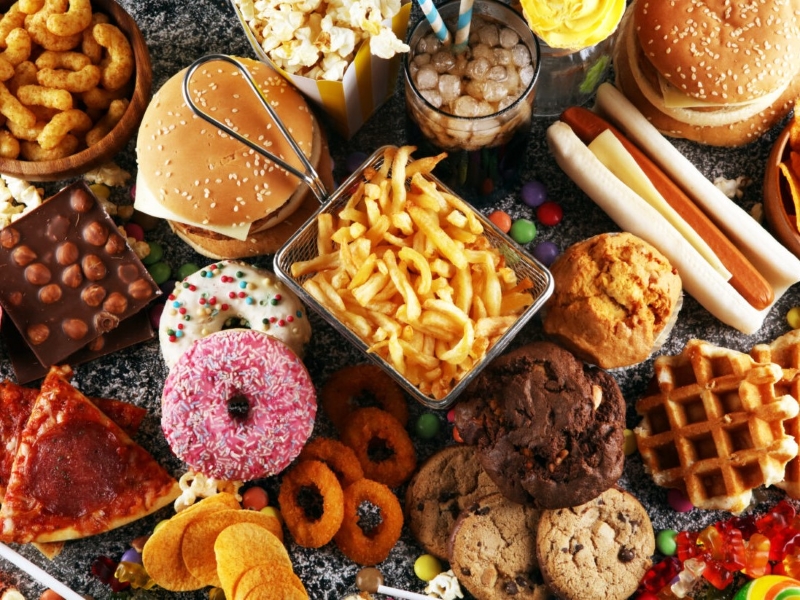
5. Chocolate
Theobromine is a compound found in chocolate. Like caffeine, theobromine is an alkaloid called a “methylated xanthine.” This means that chocolate:
- Stimulate the brain and the heart.
- Quicken the process of draining fluids from the body causes vomiting and diarrhea.
Even small amounts of theobromine in chocolate are bad for birds. Even if chocolate didn’t have theobromine, it would still be bad for parrots because it has:
- Butter: This makes a bird fatter.
- Milk: Birds can’t process lactose, which is bad for them.
- Sugar: a source of bloating, fatigue, and gastrointestinal distress.
The more theobromine there is in chocolate, the darker it is. For example, black chocolate has the greatest health risk among chocolate varieties, followed by milk chocolate and white chocolate.
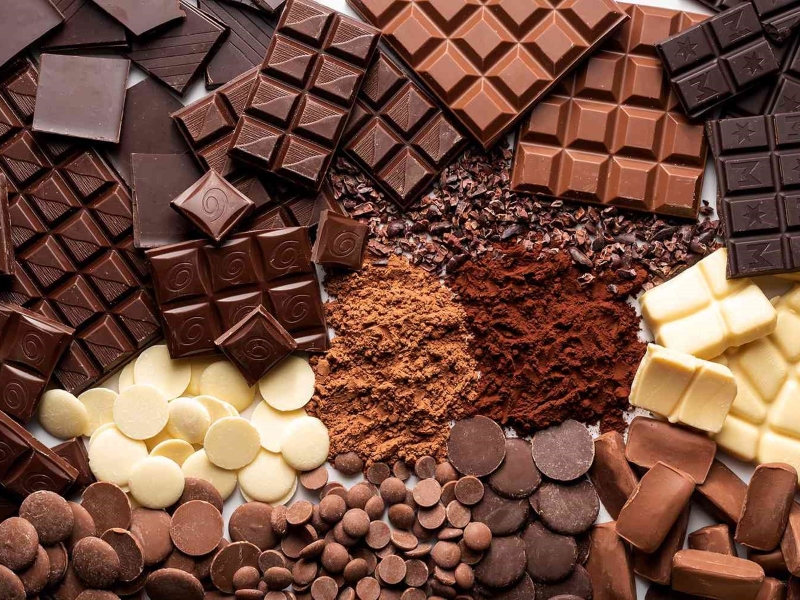
6. Garlic & Onion
Many believe birds might benefit from eating onions and garlic since they are healthy veggies. While these hot vegetables have heart health advantages when consumed raw or cooked by humans, they are hazardous to many animals.
Chewing onions releases sulfur chemicals that can irritate a bird’s mouth, esophagus, or crop, leading to ulcers, and can cause red blood cell rupture, leading to anemia. Allicin, a molecule found in garlic, has been shown to cause anemia and frailty in avian species. Instead of giving your bird garlic and onions, try giving it a little slice of hot pepper, which is rich in vitamin A.
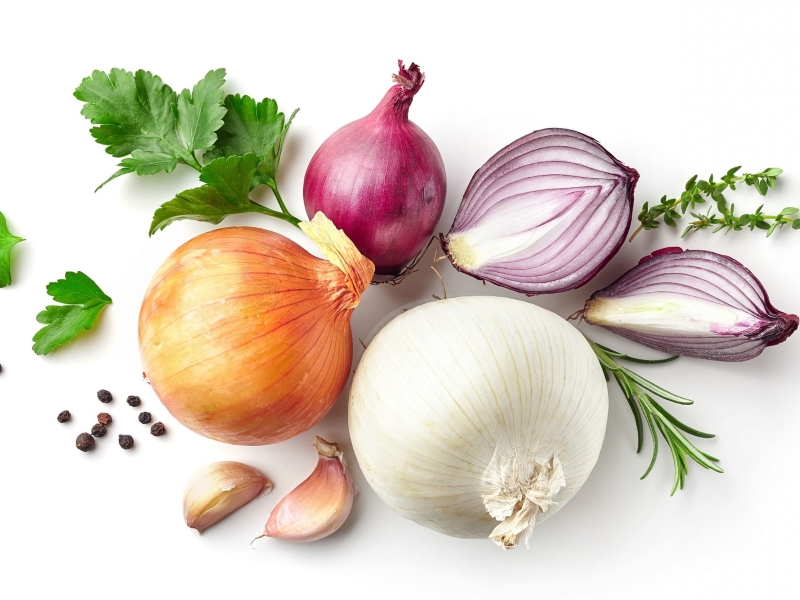
7. Fruit Pits & Apple Seeds
Birds can safely consume small amounts of most fruits without any ill effects. Still, it’s important to remember that the seeds and pits of fruits like apples, pears, cherries, apricots, peaches, nectarines, and plums contain a small amount of a cardiac-toxic cyanide compound.
Birds can eat these fruits without risk because the seeds and pits have been removed. Birds may be safely fed the seeds of various fruits and vegetables, including grapes, citrus fruits, squash, pumpkins, melons, mango, pomegranate, and berries.
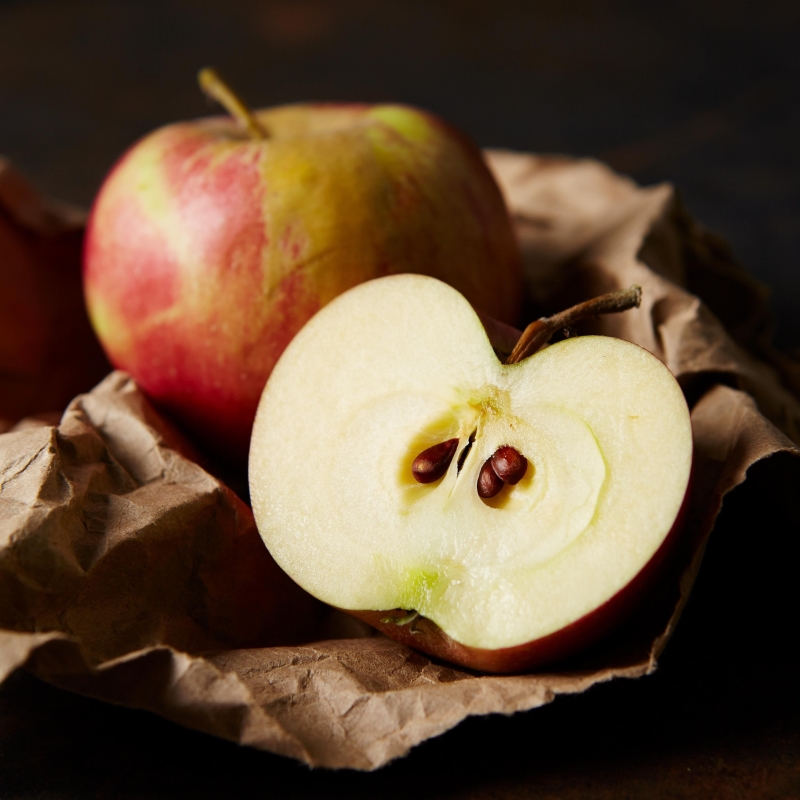
8. Alcohol
Although not exactly food, alcohol is extremely toxic to parrots when consumed. The depressant effects of alcohol on your bird’s organs can be fatal. Make sure your bird is safe by keeping him away from any alcoholic beverages.
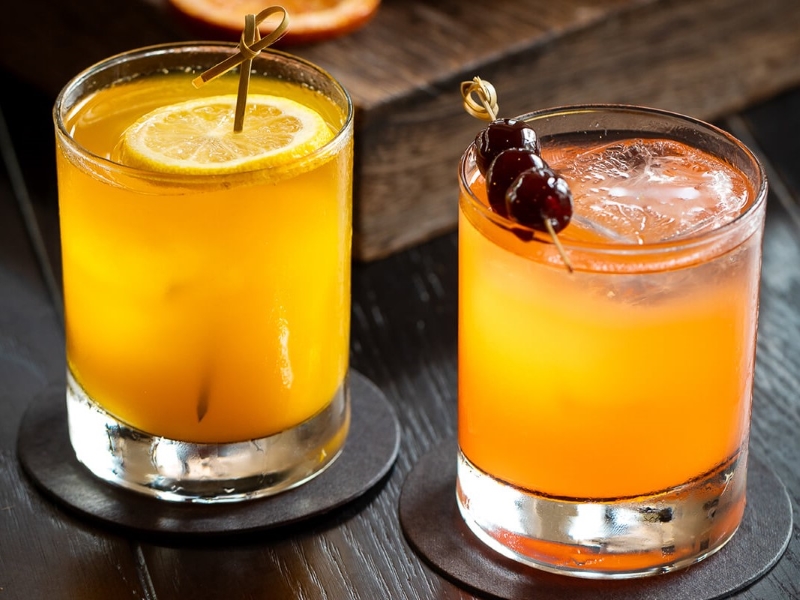
9. Mushrooms
Mushrooms are plants that can take toxins from their surroundings. Also, mushrooms contain amatoxin, which can make some birds sick. Raw mushrooms are riskier for parrots than cooked ones. Some have more amatoxin than others, which can cause stomach problems and damage the nervous system. The bird should never be given shiitake mushrooms. Other mushrooms, even when cooked, may be harmful to parrots if they are not carefully cultivated.
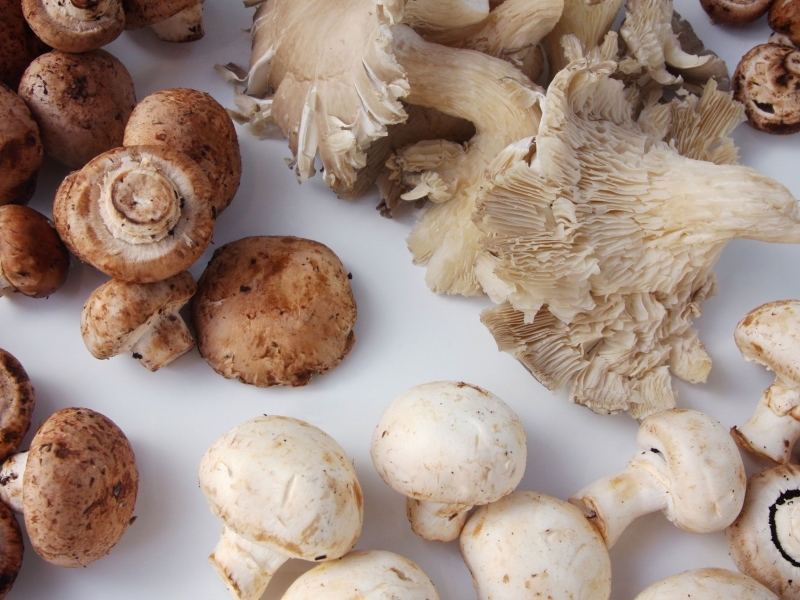
10. Peanuts
It’s well-known that birds love nuts, but peanuts in the shell should be avoided because they can grow mold inside of the shell if they get wet. Birds may become ill from eating mold if they unknowingly consume it when they eat nuts in the shell because they consume the entire nut. Therefore, only offer nuts that have been shelled in moderation, as we discussed in the section on high-fat foods.

11. Salt
Sodium is essential for all living things, but only at moderate levels. However, even a trace amount of salt can poison a little bird. A single salty snack, such as a chip or pretzel, can cause a bird’s tiny body to go into electrolyte and fluid imbalance, resulting in severe thirst, dehydration, renal failure, and death. So, when giving your bird a salty snack, choose unsalted popcorn, pretzels, or a low-salt cracker.
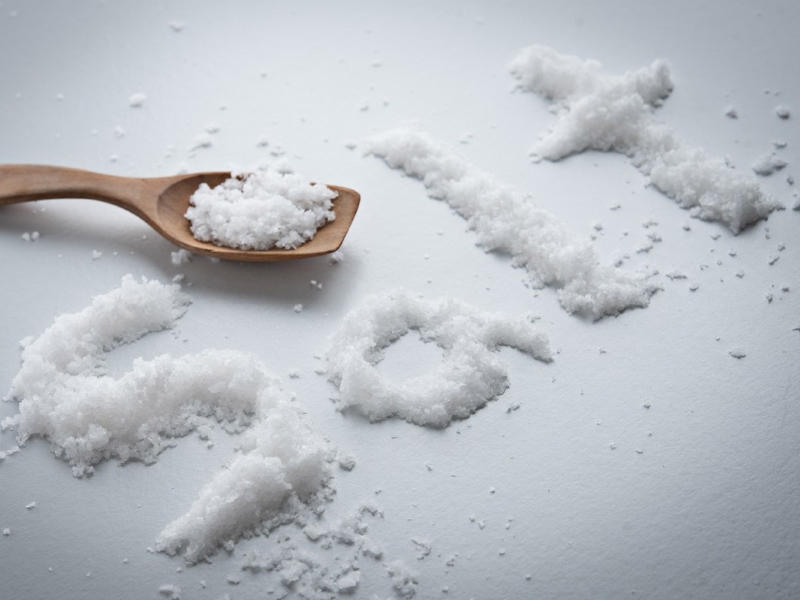
12. Xylitol
This popular chemical sweetener, found in sugar-free gum and many diet foods, can cause low blood sugar, damage to the liver, and even death. Even though the effects of this sugar on birds haven’t been studied in detail, birds have a faster metabolism than many other species. That means even trace levels of the toxin might be fatal to them.
Therefore, keeping birds away from xylitol is recommended. Chewing gum shouldn’t be given to birds because it can stick to their feathers and skin. Instead of diet goods, overweight birds should be fed low-fat fruits and veggies to help them lose weight.
13. Raw Rhubarb
Oxalic acid is a chemical that is found in many plants and is found in rhubarb as well. Oxalates are a group of chemicals that are made when oxalic acid binds to minerals. Scientists refer to oxalates as an “anti-nutrient” because of their harmful effects on health. Oxalates, as the name suggests, inhibit mineral absorption in your pet bird’s body. This chemical may be found in many types of seeds and greens.
However, rhubarb is toxic when consumed uncooked due to its high oxalic acid content. Oxalic acid hinders nutrition absorption and has other harmful consequences on the body. Oxalic acid, for instance, has been connected to the formation of kidney stones.
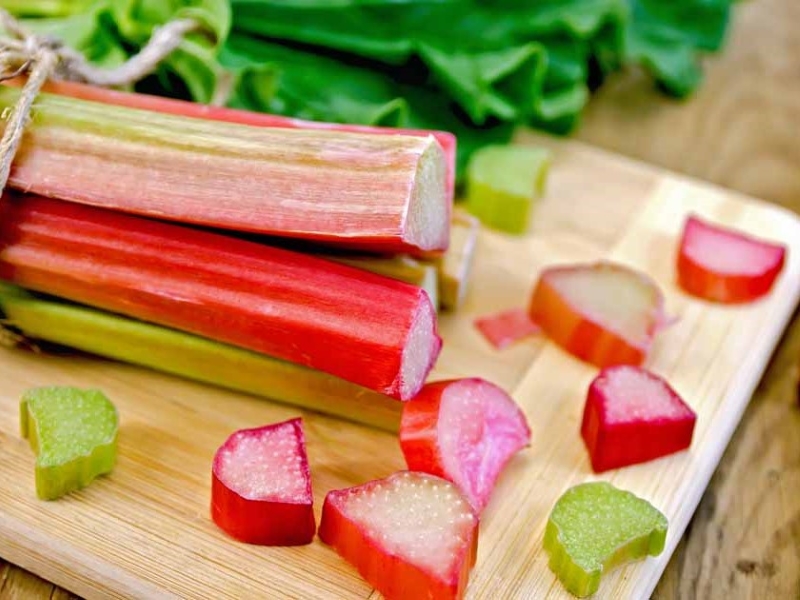
14. Eggplant
Eggplants, called aubergines in the UK, are in the nightshade family, so they contain solanine, a toxic glycoalkaloid. Solanine can cause parrots to have problems with their stomachs, lungs, and nerves. The following are signs of solanine poisoning:
- Diarrhea.
- Vomiting.
- Nausea.
- Stomach cramps and agony.
- Slow heart rate and breath.
Solanine is found in the eggplant’s flowers, leaves, and stalks.
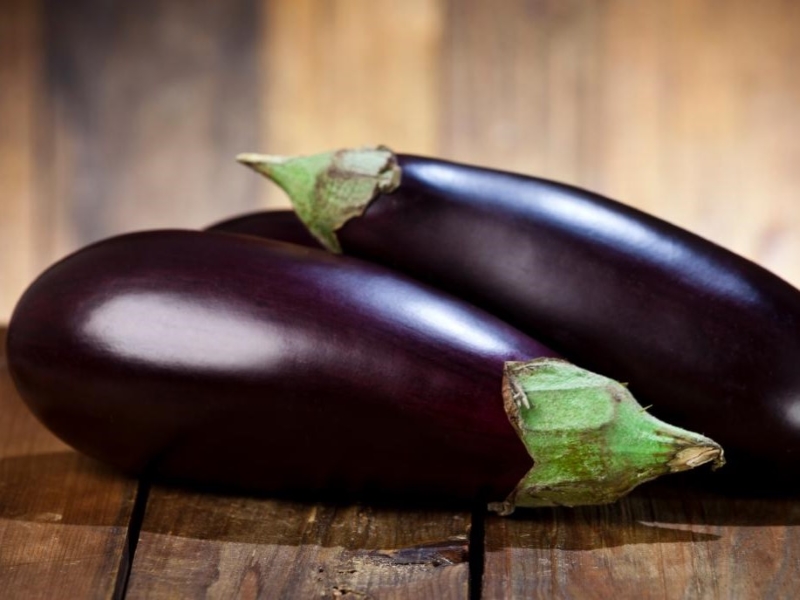
15. Tomatoes
Fresh tomatoes are toxic food for parrots, but many doctors advise against giving them since their acidic nature can cause stomach upset. Many people who keep birds also avoid eating ketchup, salsa, and other foods that use tomatoes.
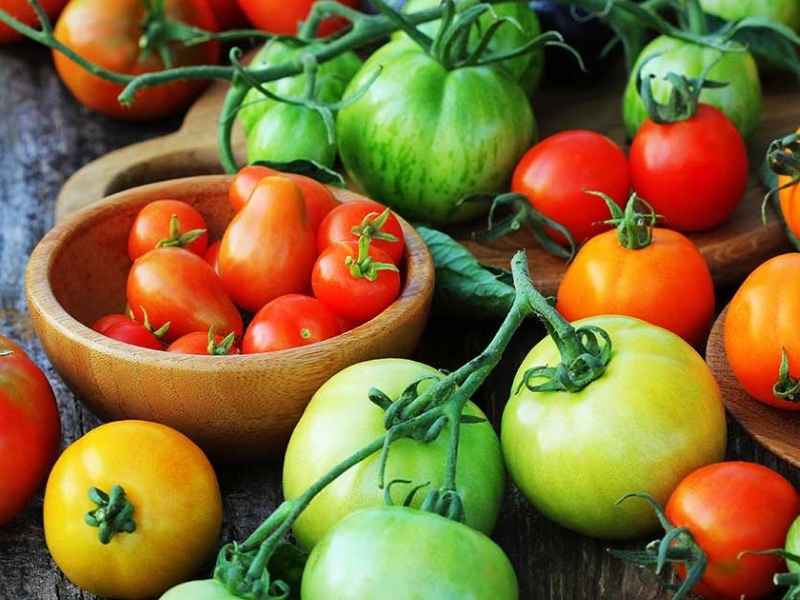
>> Further reading:
- Can Birds Eat Oats? Healthy Pet Bird Feeding Guide
- Can Birds Eat Popcorn? – Healthy Pet Bird Diet Advice & Tips
In conclusion, bird owners must be aware of potentially toxic foods for birds. Some human foods, such as chocolate, avocado, and caffeine, can be fatal to birds. Other foods, such as onions and garlic, can cause digestive problems and other health issues.
It is important to avoid feeding birds these toxic foods and to provide them with a balanced and nutritious diet that meets their specific dietary needs. Canvas Personalized hopes that by doing this, bird owners will be able to help their winged friends live long, healthy, and happy lives.



